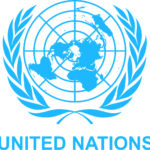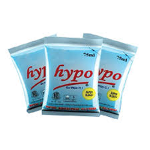The Central Bank of Nigeria allocated N1.73 trillion for food imports in the first half of 2024.
This includes $547.7 million (N823.19 billion at the official exchange rate) released in the second quarter, a decrease of 20.6% compared to the first quarter of the year, according to data from the CBN’s quarterly statistics bulletin.
Nigerians spent $164.43 million in January, $303.91 million in February, and $221.54 million in March for food imports.
In the second quarter, the CBN released $153.27 million in April, $197.21 million in May, and $197.22 million in June.
The allocation comes as the Federal Government struggles to reduce food prices, despite announcing a 150-day duty-free import window for food commodities like maize, rice, wheat, and cowpeas in July. The goal was to lower food inflation by removing or reducing import duties. However, the plan has not yet been implemented due to bureaucratic delays.
Three months after the announcement, the list of importers qualified for the duty-free program has not been published, according to customs guidelines. This delay has contributed to the rising prices of imported food.
According to the National Bureau of Statistics, the price of imported food rose by 3.61% in September, reaching a price index of 878.3, up from 847.7 in August. Since January, the price index has surged by 26.81%, reflecting the increasing reliance on imported food amidst local supply shortages.
At a press briefing, Finance Minister Wale Edun said the government had ordered maize and wheat imports to help stabilize the market. However, as of now, the policy has yet to take effect, and food prices continue to climb.











